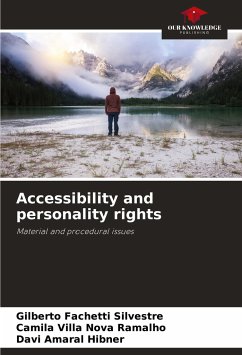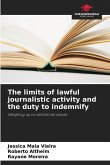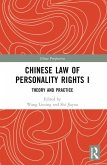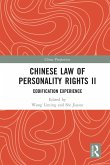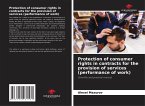This book presents a study of some of the changes brought about by Law no. 13.146/2015 - the Brazilian Law for the Inclusion of Persons with Disabilities (Statute of Persons with Disabilities), focusing on the thesis of the existence of moral damage resulting from inaccessibility. Accessibility was treated in the LBI as a right of the personality and aims to fulfil the purpose of equality between all people, without discrimination of any kind. By elevating accessibility to a personality right, the legal system demonstrates the close relationship between the elimination of barriers and the realisation of the dignity of people with disabilities. In this sense, the thesis defended here is that inaccessibility generates moral damage. From this, it was possible to prove the viability of the thesis that inaccessibility gives rise to compensation for moral damages, as well as other remedies, such as injunctions, cessation and reinstatement. The aim is not to encourage the trivialisationof compensation and the moral damage industry, but to show the great importance that accessibility has for the full realisation of the dignity of people who have locomotive difficulties.
Bitte wählen Sie Ihr Anliegen aus.
Rechnungen
Retourenschein anfordern
Bestellstatus
Storno

